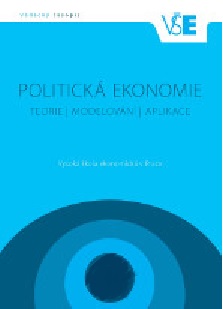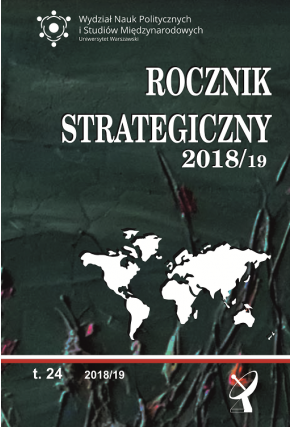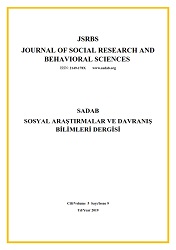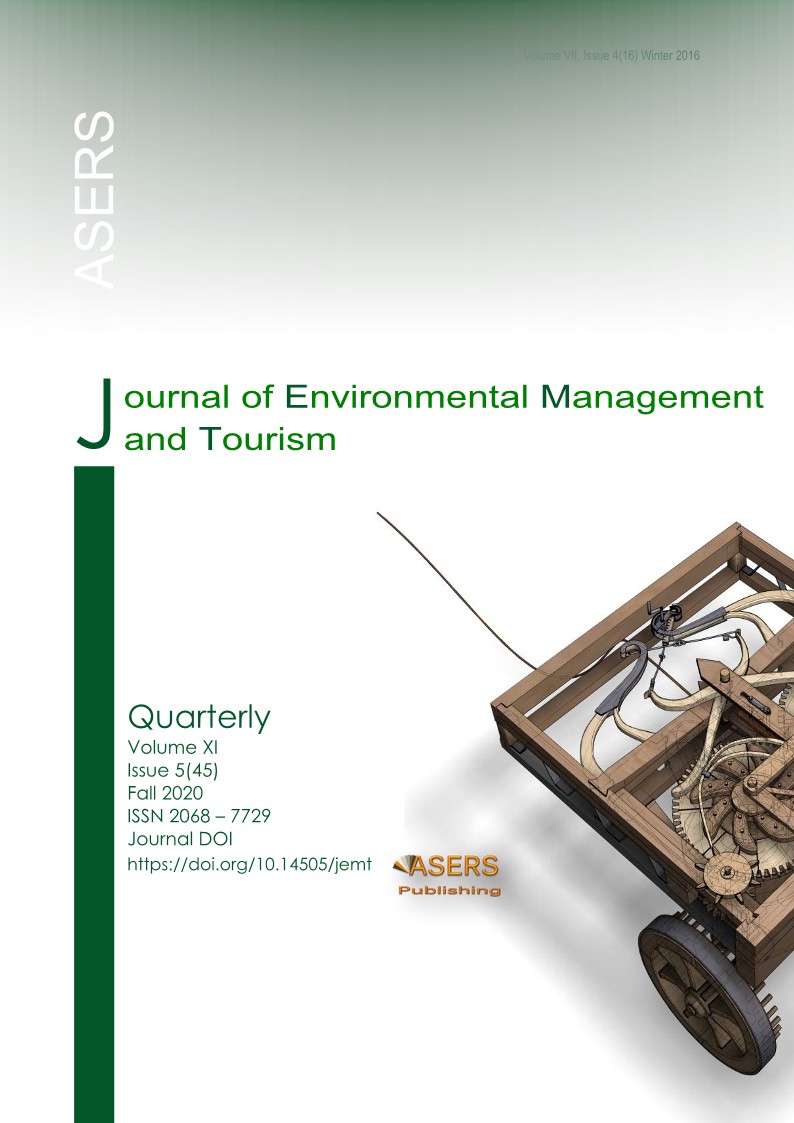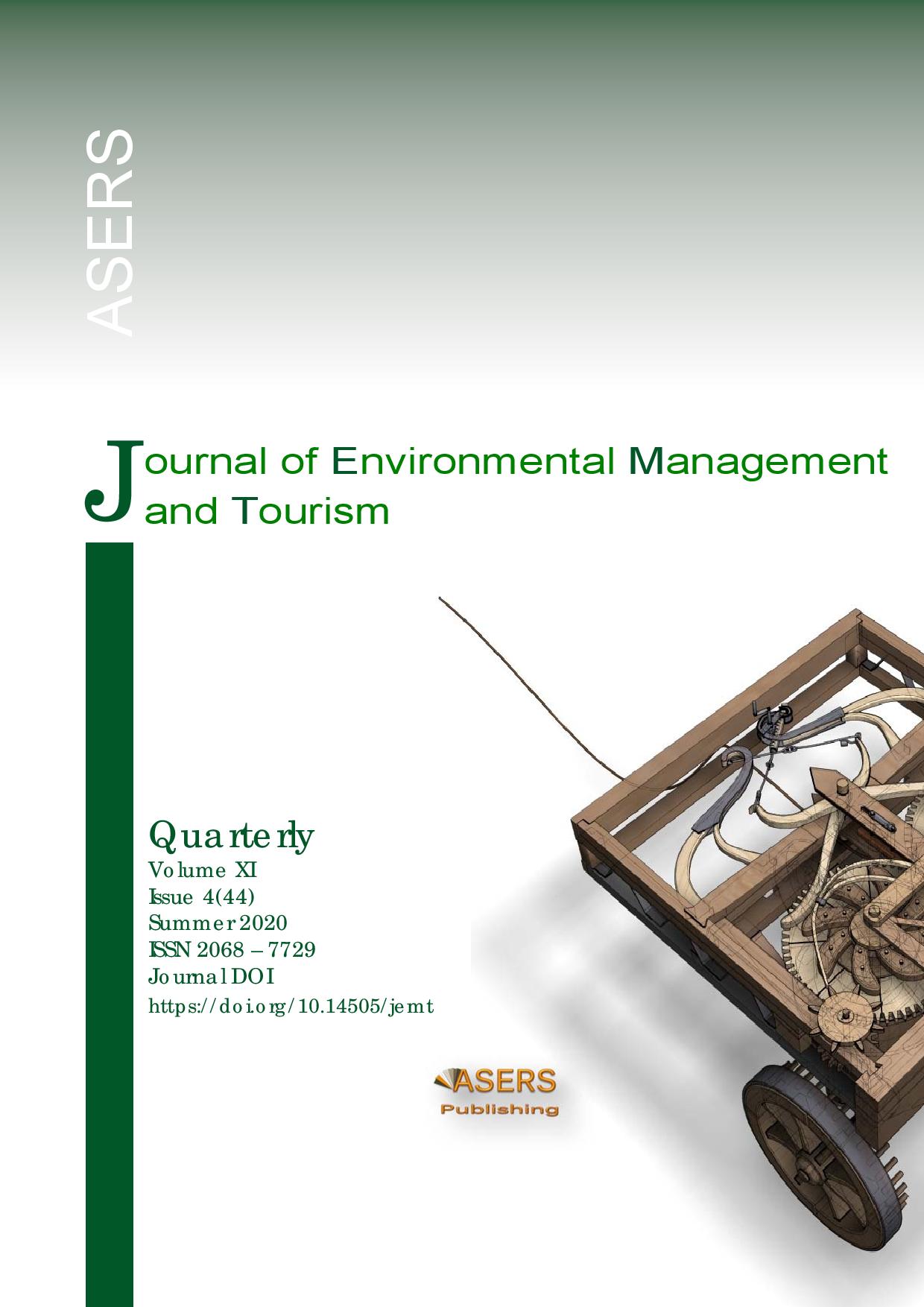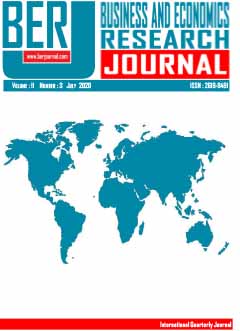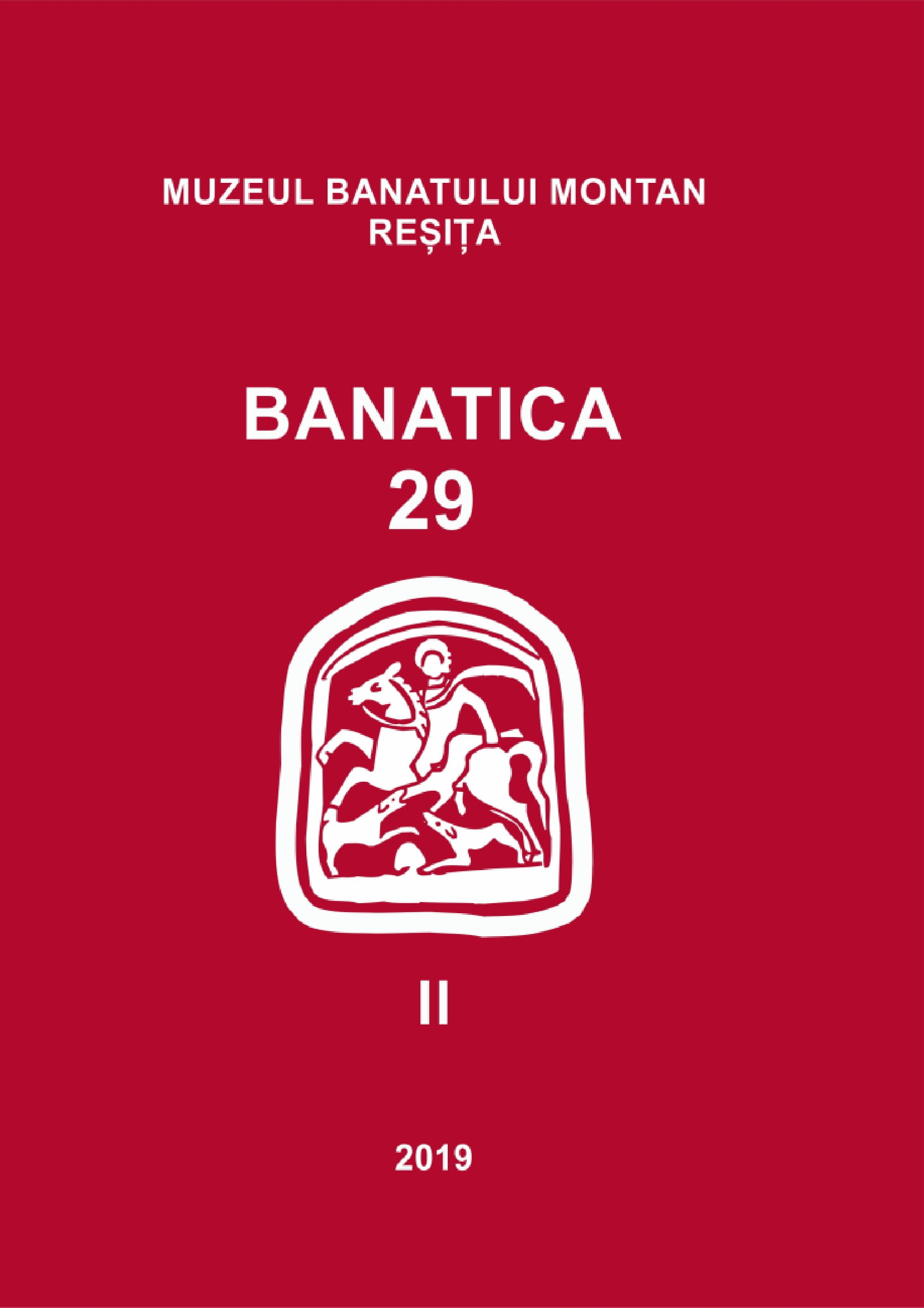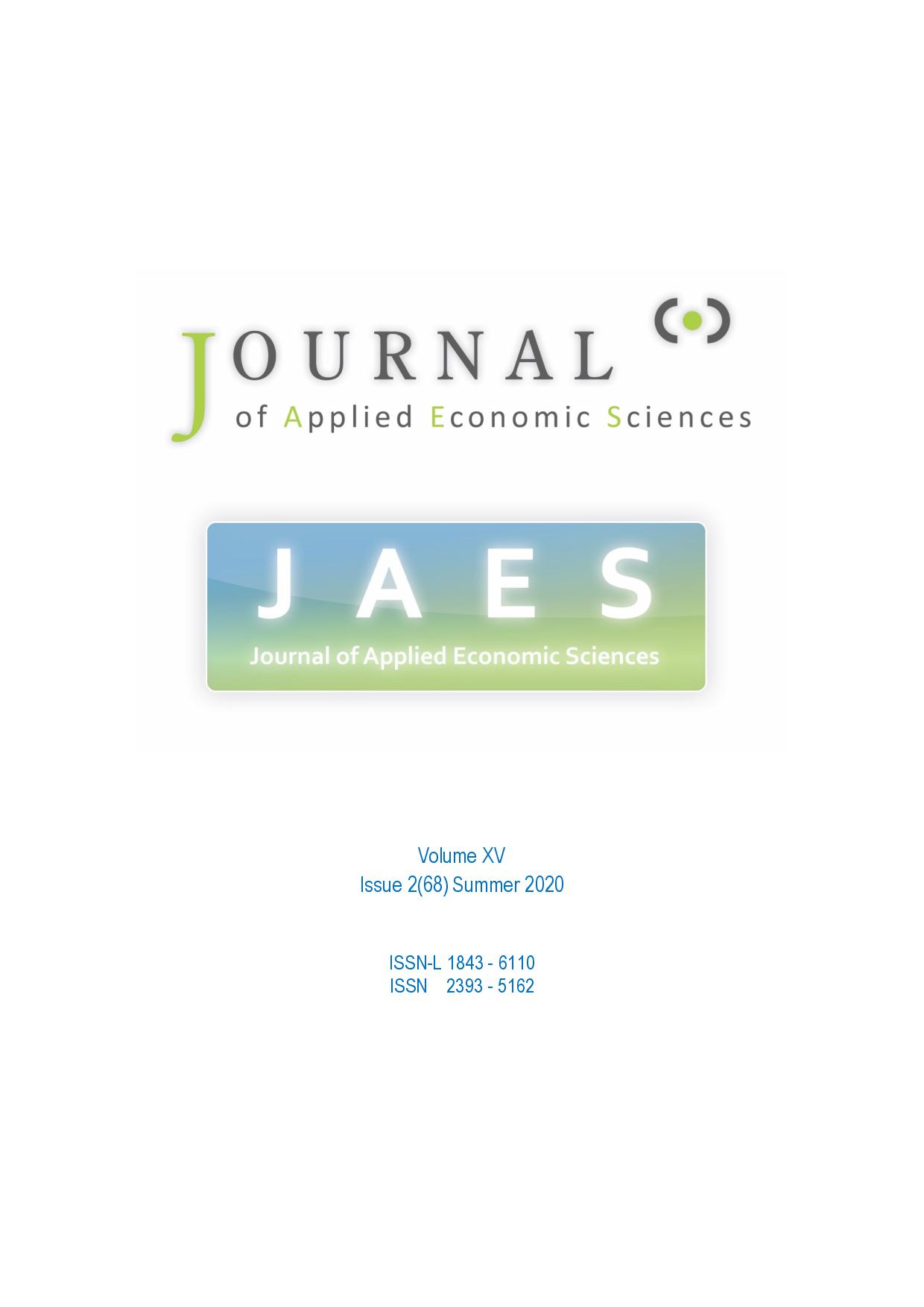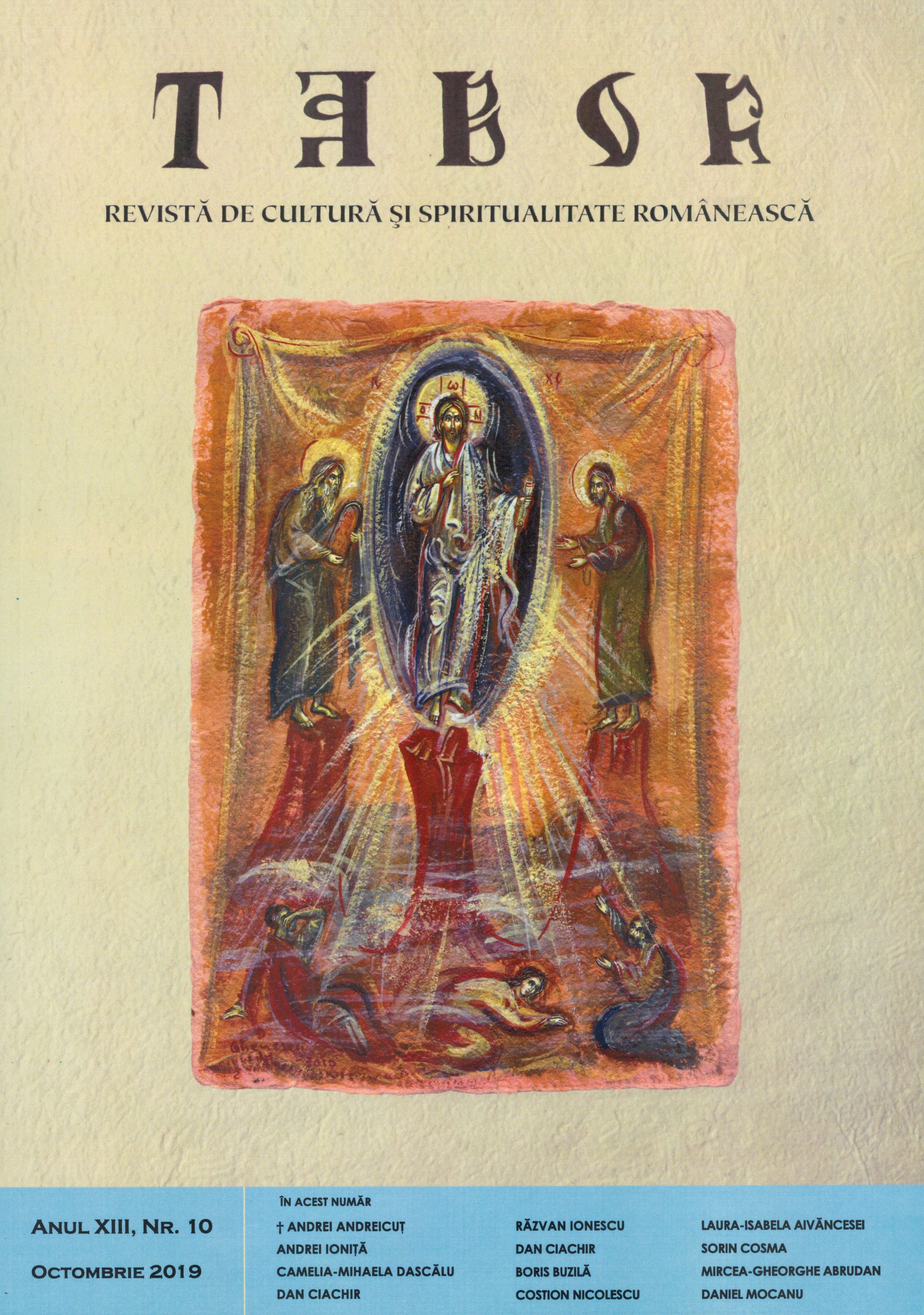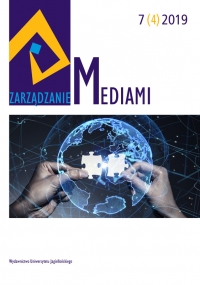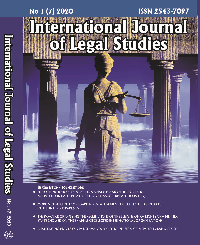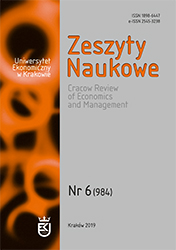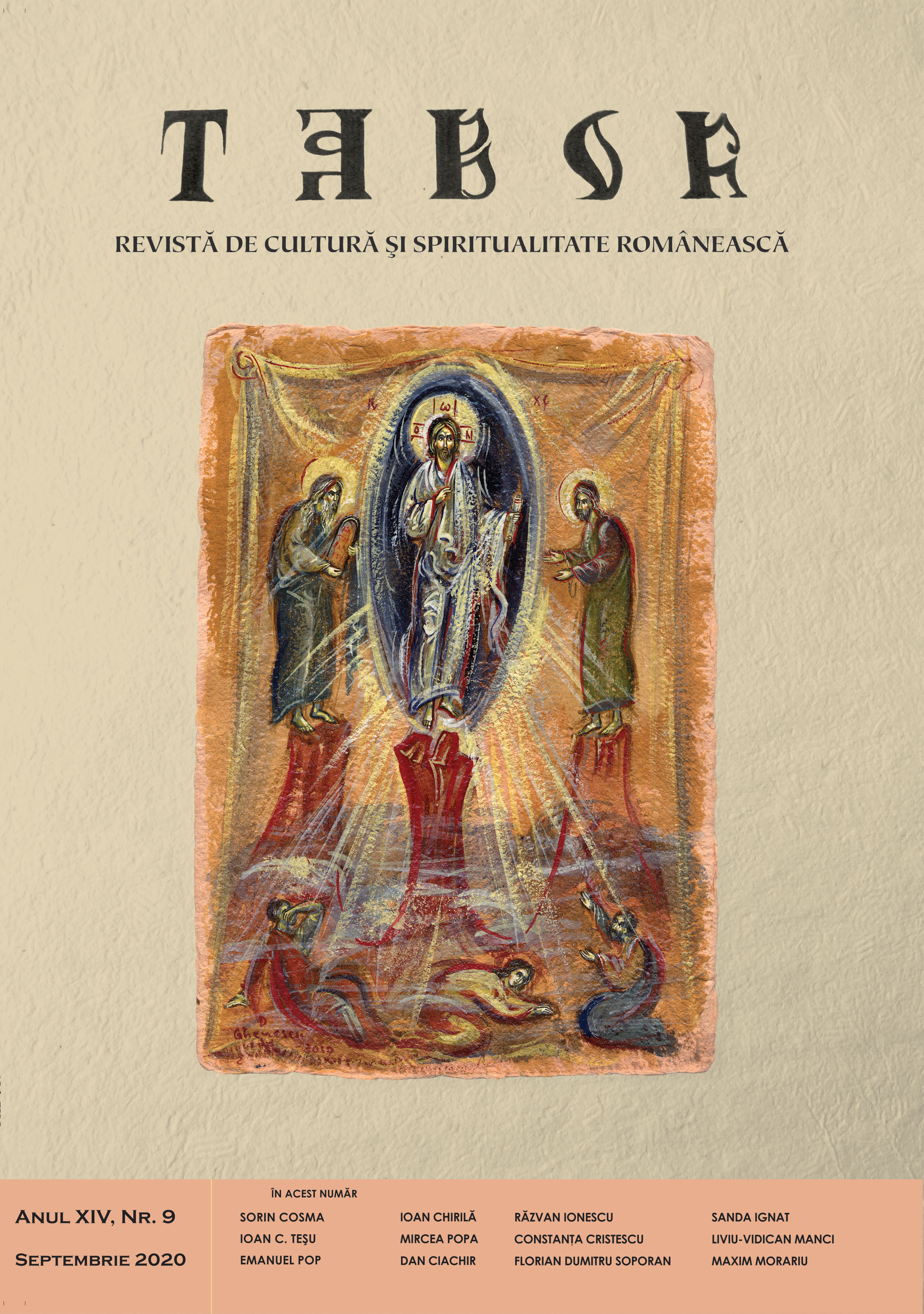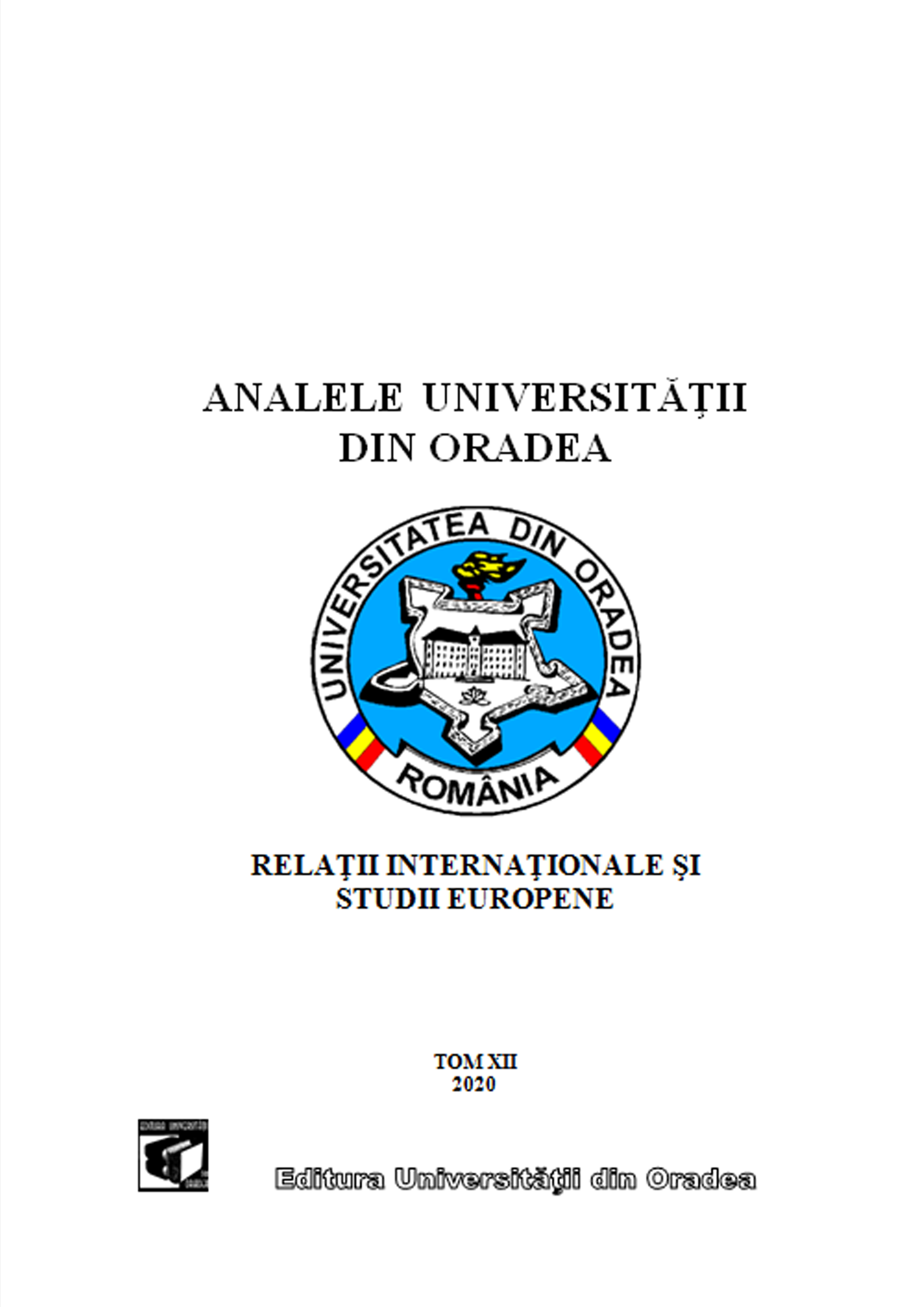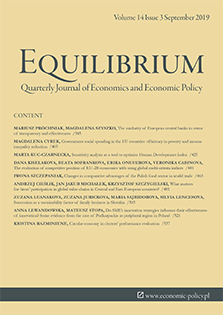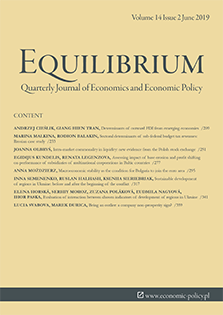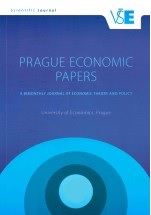
Examining of Determinants of Non-Performing Loans
Examining of Determinants of Non-Performing Loans
Keywords: non-performing loans; credit risk; macroeconomic factors; bank-specific factors; static and dynamic panel
In this paper the authors examine the determinants of NPL ratio using a cross-county analysis from the sample of 25 emerging countries. Using the panel data approach, determinants of NPL are analysed for the period from 2000 to 2011. The main aim of this paper is to draw a relevant econometric model, to demonstrate the impact of independent variables on the dependent variable by using static and dynamic model estimation techniques. The results show that NPLs rate can be mainly explained by crucial macroeconomic factors, such as the GDP and inflation rate, and bank-specific factors, such as ROA, CAP and lagged NPLs rate.
More...
